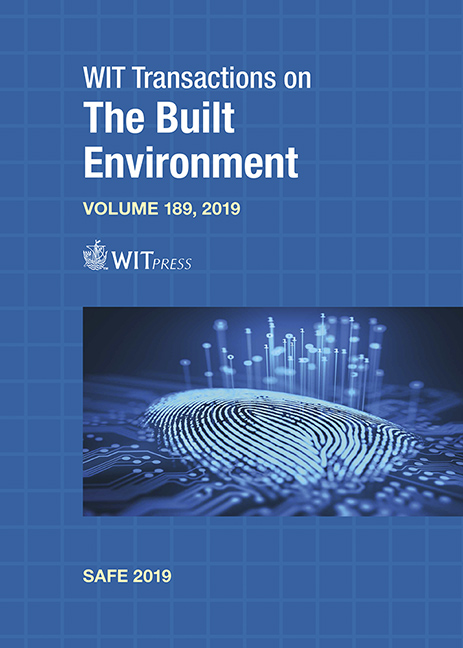EVOLUTION OF COGNITIVE DEMAND IN THE HUMAN–MACHINE INTERACTION INTEGRATED WITH INDUSTRY 4.0 TECHNOLOGIES
Price
Free (open access)
Transaction
Volume
189
Pages
7
Page Range
13 - 19
Published
2019
Paper DOI
10.2495/SAFE190021
Copyright
WIT Press
Author(s)
MARIANNA MADONNA, LUIGI MONICA, SARA ANASTASI, MARIO DI NARDO
Abstract
In the highly technological and innovative scenario of Industry 4.0, characterized by a series of enabling technologies and a strong interconnection of resources, it is necessary to take into account the impact that the introduction of increasingly sophisticated sensors and collaborative machines on the safety aspects. In addition to the introduction of so-called “smart” technologies, the context of the use of new technologies and the tasks of front-line operators has also changed. The worker increasingly assumes the role of supervisor and when some types of work require particular human skills, there is a real “collaboration” between man and machine. In the new factories, the interaction with “smart machines” on one hand simplifies the operations of the worker making them less complex and less susceptible to errors and on the other hand increases the information and communication of these systems and leads to a complexity that requires new man–machine interface modes. The support of sensors and new technologies allows the detection of a series of data necessary to make the most reliable predictions on the state of health of the equipment so that it is possible to plan target interventions. This implies that the cognitive interaction effort of the machine operator moves from the skill level to the knowledge level because the human is required to manage a huge amount of data (big data) that must be acquired, analysed and interpreted. This paper, starting from consolidated human reliability methodologies in the literature, which allows for evaluating human error in different work fields, aims to highlight how human performance improves even if it implies an increase in cognitive demand due to the use of new smart technologies
Keywords
Industry 4.0, smart technologies, human–machine interaction, human factors and behaviour





